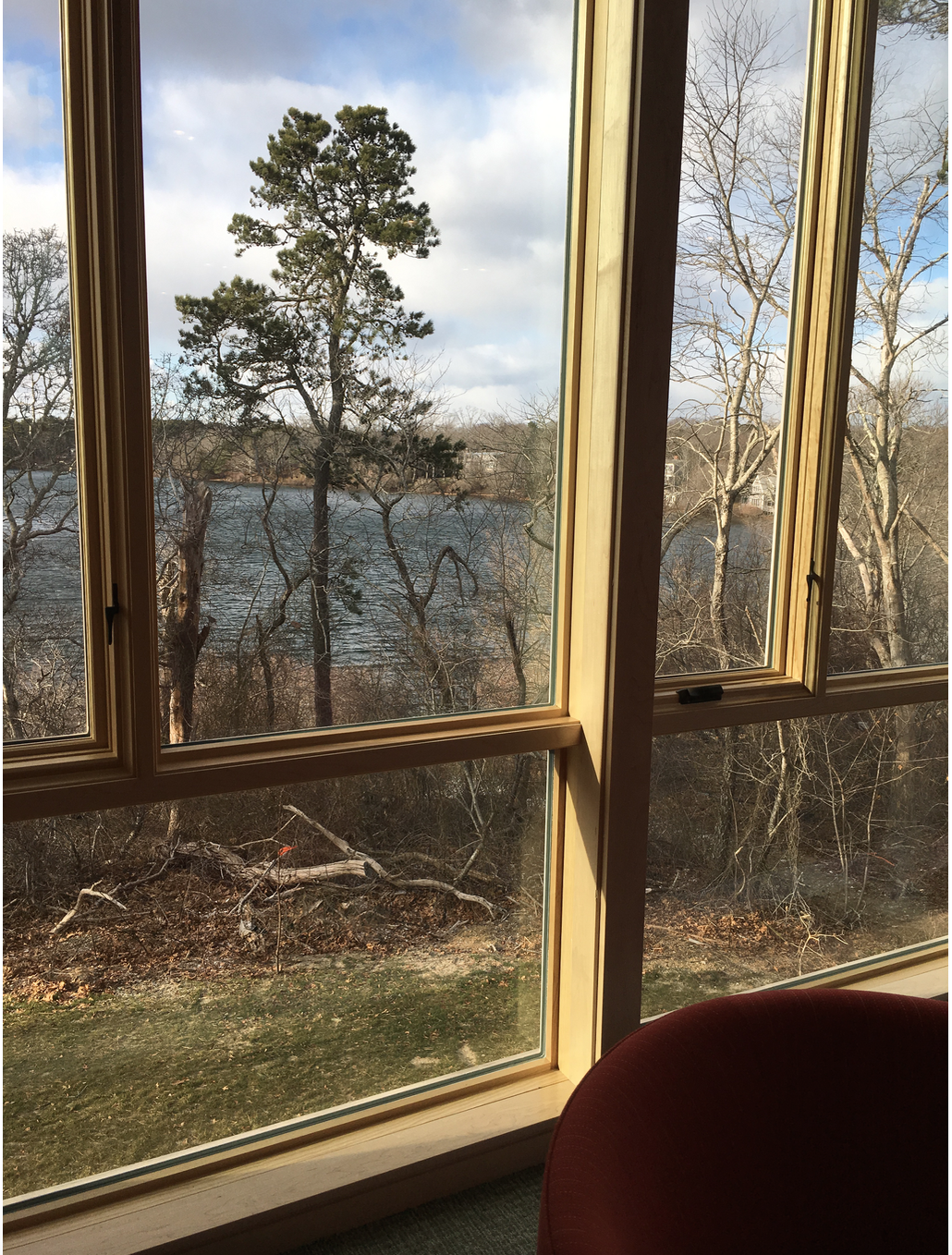Play vs. think—hitting the reset button
In his book Essentialism, Greg McKeown devotes an entire chapter to Play. He defines play as “anything we do simply for the joy of doing, rather than a means to an end.”
McKeown quotes Stuart Brown, the founder of the National Institute for Play (who knew?):
“Play leads to brain plasticity, adaptability, and creativity….Nothing fires up the brain like play.”
And then there’s this endorsement, from a famously smart man—Albert Einstein:
“When I examine myself and my methods of thought, I come to the conclusion that the gift of fantasy has meant more to me than my talent for absorbing positive knowledge.”
Play not only reduces stress, it also has positive effects on the “executive functions” of the brain. You know, those silly, unimportant things we do like reasoning and problem-solving. McKeown’s chapter builds to a pull-quote in gigantic type:
“Play doesn’t just help us to explore what is essential. It is essential in and of itself.”
I don’t play. Or do I?
I’m better at writing about time off than I am about actually taking it. My clients frequently use my words to urge their people to unplug. They believe it’s essential—and so do I. But I tend to stuff my days “off” with appointments—the dentist, the hairdresser. Maybe I’ll fit in lunch with a friend or a trip to the theater as well, but it’s still a bunch of running around. That’s not play.
What is? McKeown says Stuart Brown, of the National Institute for Play,
“suggests that readers mine their past for play memories. What did you do as a child that excited you? How can you re-create that today?”
Great advice. But what do you do when that’s your life? When I was a kid, I read—wherever, whatever. As an adult, I read and I write. Occasionally I bake bread or knit something. I can’t wait for baseball season to start, so I can watch other people play. Does that count?
What re-energizes me is getting out of my routine. If I can get far enough out of my routine to go stare at the Pacific—as I did for 24 blissful hours last summer—it’s a grand-slam homerun of bliss. But all I really need is a place I’m not usually in, with nary a laptop in sight.

Sun, sky, and a water view—and a window to keep out the bugs—are all I need to recharge
Let’s call it a Thinking Retreat.
So last Saturday, I put the dog in playgroup for the day, grabbed a good book, and spent the day AFK—Away from my Keyboard.
Okay, yes, the book was work-related reading—Joan Garry’s Guide to Nonprofit Leadership—but being out of the office allowed me to devote my full attention to it. In my scenic wanderings, I got to check out a local coffee shop, revisit a favorite brunch spot, and discover a newly renovated library. Or as I like to think of it, the “book spa.” It may not have massages and organic lunch served poolside, but this library has everything else I need for a good Thinking Retreat.
Play vs. Think
These days it’s easier for me to motivate myself to take time off if I’m pursuing something that at least tangentially relates to my work. Hey—you start where you are. And maybe I don’t need to feel guilty about using my “free time” to learn something that moves my business forward.
I’ve just started reading Cal Newport’s book Deep Work. Newport reminds me that I’m not the only person to have this impulse to hole up and read. You know who else goes on Thinking Retreats? Bill Gates. And he’s done pretty well for himself.
Cal Newport writes that Gates
“famously conducted ‘Think Weeks’ twice a year, during which he would isolate himself (often in a lakeside cottage) to do nothing but read and think big thoughts.”
Books + a week in a lakeside cottage. I can get there eventually; for now, a day at the library will do wonders to recharge me.